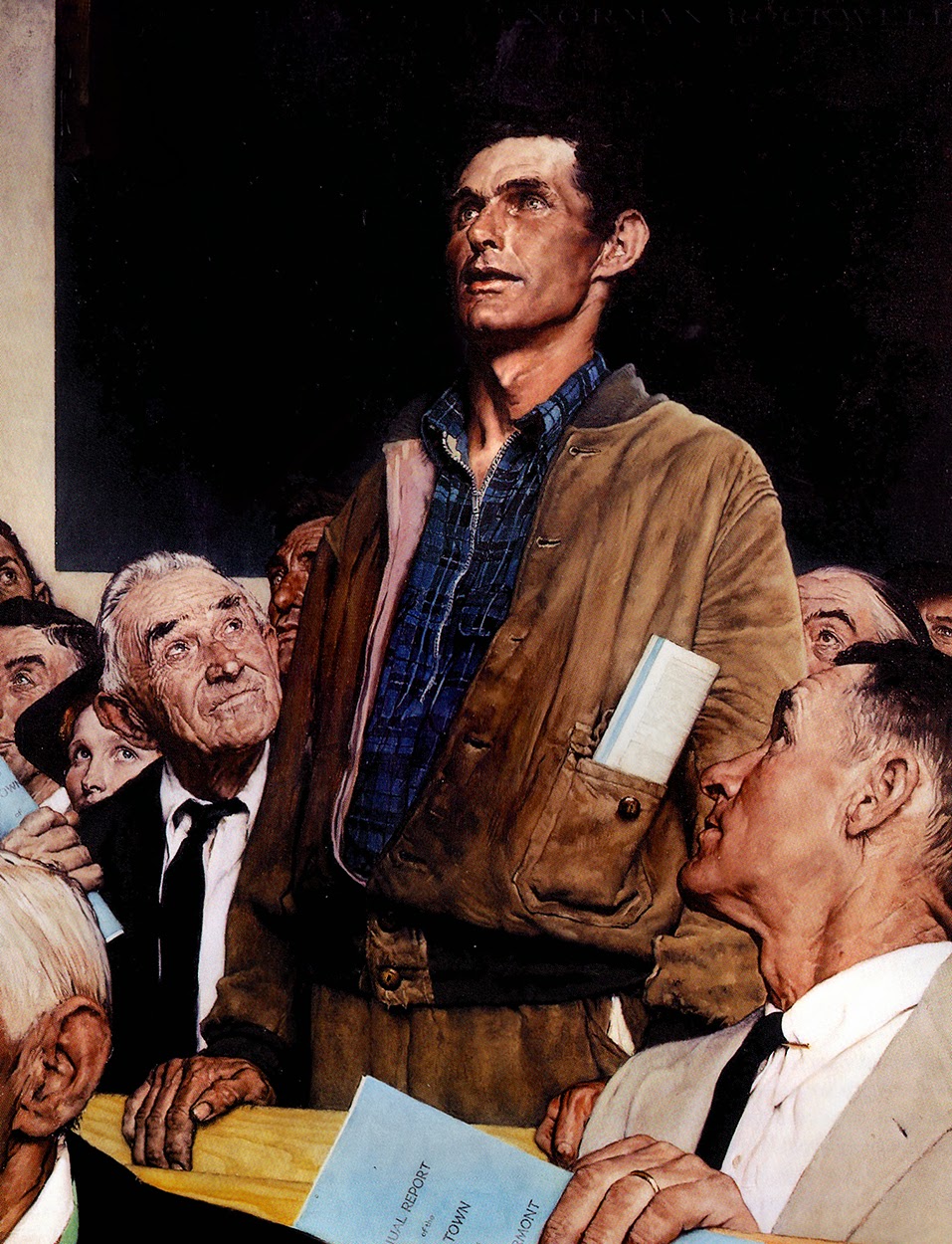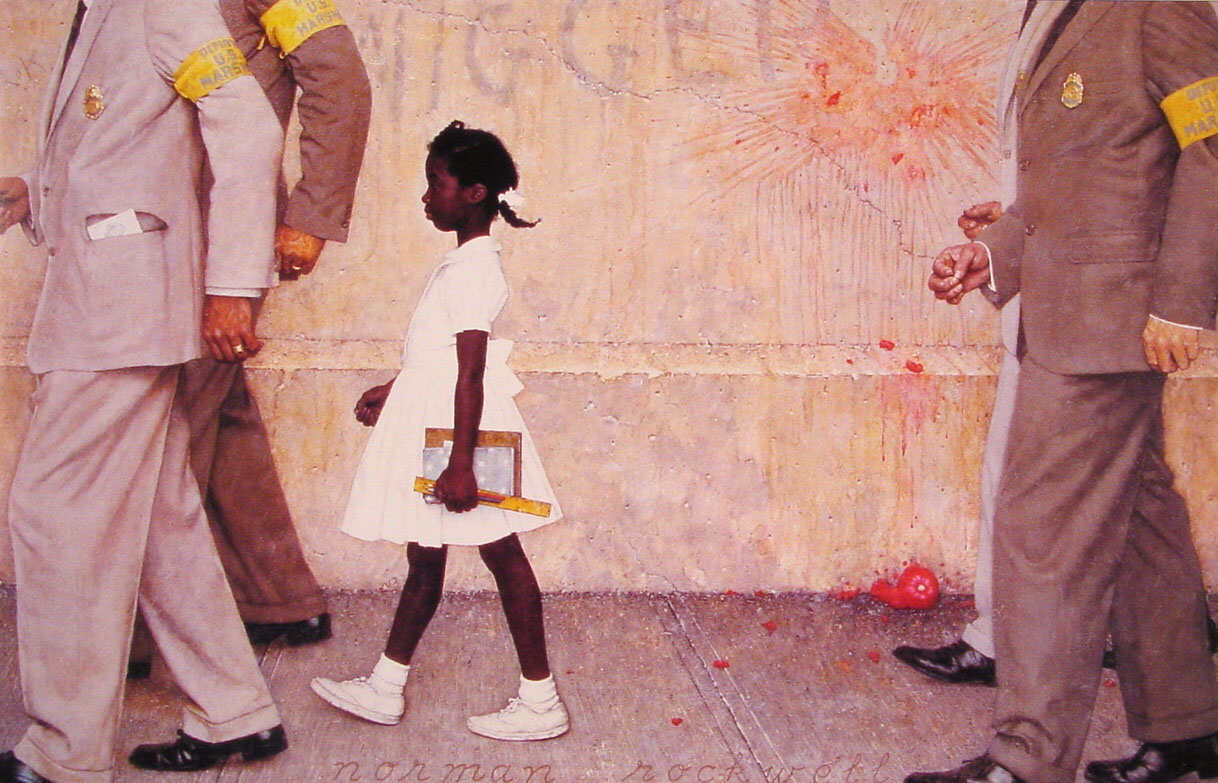Are you truthing?
That is a question that I have asked on numerous occasions. It allows the person being questioned, to focus on the positive, to discuss how a statement can be perceived as being true. I even confront myself with it, in those rare, passing moments, when honesty and truthfulness take command over my soul. Unfortunately, in many social situations, people focus on the negative, and ask: Are you lying?
Yesterday, (2018-05-16), former American Secretary of State Rex Tillerson made what should have been unnecessary comments, that news media described as “a growing national crisis of ethics and integrity [that] has put American democracy at risk.” See: http://www.thestate.com/news/business/national-business/article211260029.html
There were, of course, many things that I did not understand in Tillerson’s speech to graduates of the Virginia Military Institute.
For example, Tillerson used the words free, freedom and related words as if they actually meant something. Unfortunately, no biological creature is free – at least on this plane of existence. They are bound by constraints, if only a need for nutrition and oxygen. So, I am unable to comprehend what Tillerson meant when he laments assaults on facts that would lead to a loss of freedom if not countered.
Perhaps you can help?
Task #1: Exemplify how an attack on a fact (of your own choosing), would result in a loss of freedom (again, of your own choosing).
Tillerson states, “Only societies able to pursue the truth and challenge alternate realities can be truly free.” The difficulty here is the assumption that every statement can be assessed objectively, that there is a truth. There are many alternate realities at play in American (and every other) society. Perspectives are tainted/ coloured by gender, age, ethnicity, educational background, social background and life experiences. Demanding that there only be one truth is an unrealistic goal.
It may be necessary to rephrase the initial question in this post, (Are you truthing?) with, How are you truthing? In order to understand why a person says something, people need to know something about their background, and why they react the way they do. There are a lot of different reasons why people say and do things, not all of which are morally acceptable.
What Tillerson did not seem to be saying, but which I believe should be said, is that society needs greater empathy, a greater understanding of what people need to have fulfilling lives. I am not convinced that Tillerson is aware that this means that people who are part of society’s “haves” must be willing to contribute more to those currently suffering as “have nots”. The most equitable way to do this is to provide poor people with more income (yes, money!), and to make many services to them free of charge. This has to be financed by raising taxes and prohibiting tax deductions.
Task #2: The following statement was said by Tillerson.
“When we as people, a free people, go wobbly on the truth, even on what may seem to be the most trivial of matters, we go wobbly on America. If we do not as Americans confront the crisis of ethics and integrity in our society among our leaders in both public and private sector, and regrettably at times in the nonprofit sector, then American democracy as we know it is entering its twilight years.”
Reflect on this statement
A. What distinguishes a free person, from an unfree person?
B. What does “go wobbly on truth” mean?
C. Can there be multiple versions of truth? Yes, this is a rhetorical question, so please explain.
D. Is truth more important in American than elsewhere?
E. Should people be focused on only that which is happening in their own country, or is it better to focus on regional or world issues?
As a North-American boomer, I have been shaped by the religiosity of the 1950s. I would like to end this post with two images by one of the main contributors to this religiosity, Norman Rockwell (1894-1978), a person who has shaped my ideals.




Dear Brock, I had a very different response to Tillerson’s sound bites. I see the situation in the U.S. as both an epistemic crisis and an ethical crisis and I think Tillerson gets it too. Conservatives under Trump are abandoning common epistemic values and standards. They are ignoring the mainstream news and focussing on Fox. A common truth doesn’t matter to them. In the Trump universe everything becomes partisan and political. This is a very dangerous place to be. It’s a take-over. They define reality, they decide what is fact and what is fiction, according to how it benefits or fits with their wishes.
Thank you, Charles. I hoped that if I put something a bit provocative in a post you would reply. I think I understand your point, which is that a highly politicized right has legitimize only some news sources, such as Fox, among others. Those to the left of this divide, such as the Guardian, are thus stigmatized for not meeting “the standard,” and can be ignored.
My approach has been to live in my own “universe of discourse” and to invite a select few people into it, for deeper conversations about pressing issues, such as the environment. I don’t want to spend any of the precious hours left of my life, commenting on and regurgitating fake news. I want to spend it solving real world problems, and improving the lives of others.
Charles Justice sent the following:
http://www.nytimes.com/2018/05/18/opinion/trump-europe-moral-rot.html
“The deepest form of rot is the erosion of the distinction between truth and falsehood. Totalitarianism was one big lie perpetrated on human beings reduced to the often hopeless quest for survival in a fog.”
Interesting thoughts from NYT columnist Roger Cohen. Thought I’d pass them on to you.
Charles